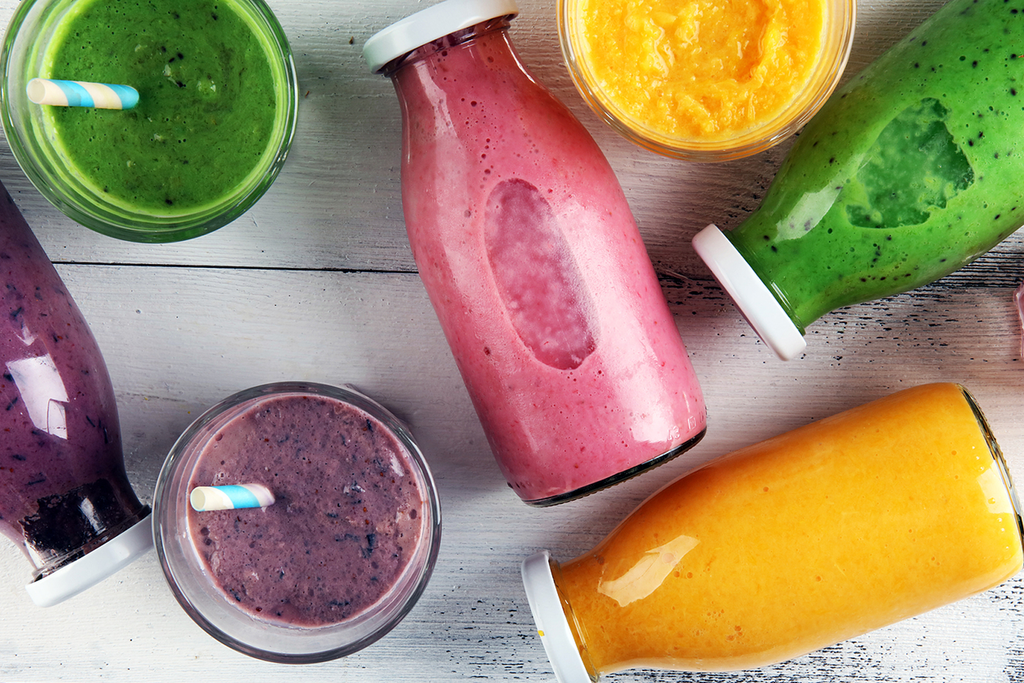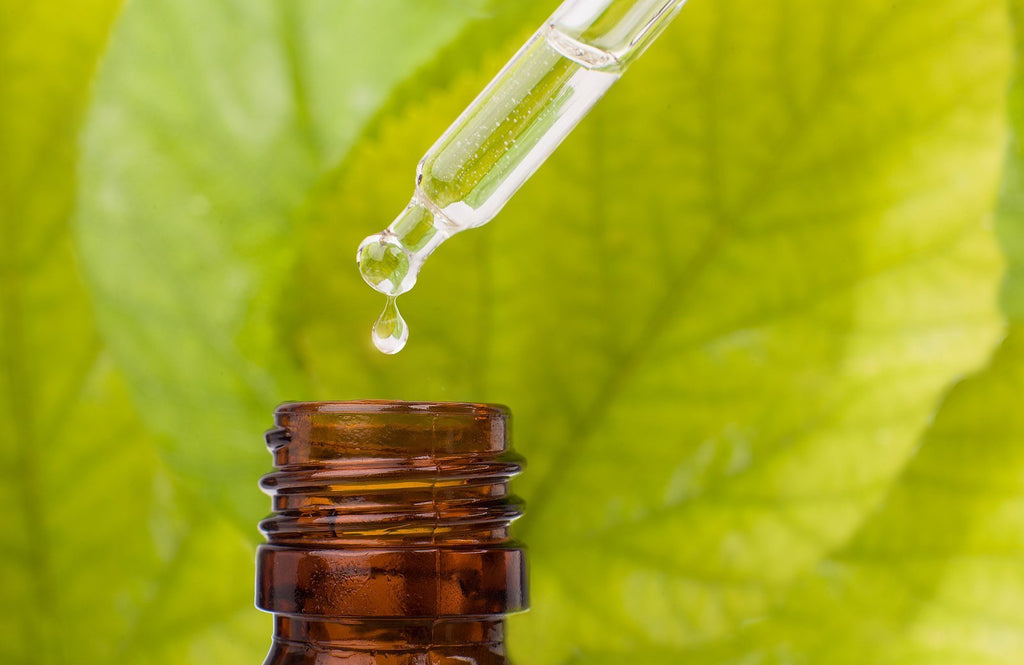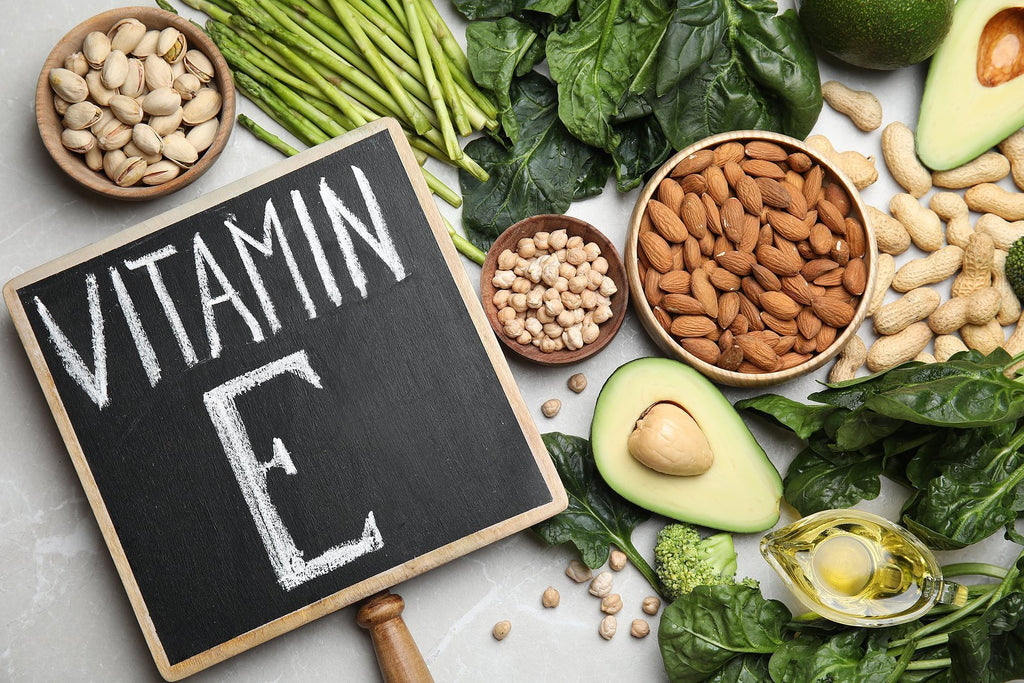What Causes Gout & What You Can Do About It NOW
Gout is a painful arthritic condition and I’m going to show you what’s behind it and, more importantly, plenty of things you can do to start improving it.
What Actually IS Gout?
Gout is caused by a buildup of uric acid in your body’s blood and tissues. Due to several factors, the uric acid can form sharp crystals that get deposited in your joints. The big toe is the main destination, but crystals can also be deposited in your knees, hips, and fingers. Once there’s enough crystals to irritate the joint, it becomes painful, stiff, and inflamed. A joint can become so inflamed that it looks infected and can be literally hot to the touch.
Gout Vs Gout Attack
While the painful joint caused by the sharp crystals is what most people consider gout, a better description of it is a gout attack. A person can have gout without the stiff, painful joints purely by having high uric acid levels in their body. The gout attack is what people remember. It hurts a lot and it can take a week to 10 days to resolve itself. But just because the joint pain and inflammation are gone doesn’t mean that the gout (high uric acid level) is gone.
Where Does This Uric Acid Come From?
About two-thirds of it is produced by your own body. It’s part of normal living. The other third comes from your diet and, specifically, the breakdown of purines in foods. Normally, the kidneys filter out and eliminate uric acid. But in people with gout, the kidneys can’t remove it quickly enough to prevent this buildup. Certain foods have a much higher purine content than others, and those are problematic for a person with gout.
The Food Culprits
You’ll often hear that rich foods cause gout. That’s because those rich foods are high in purines. Here are the main offenders.
- Alcohol, particularly beer, has a lot of purines in it.
- Being overweight is more likely to cause gout problems. Obese people have higher sustained levels of insulin in their blood, which slows down the kidneys from processing uric acid.
- Diuretics. These include not only the drug kinds but other things you consume. Caffeine is a diuretic – so are sodas.
- Aspirin.
- Diabetes increases your chances of having high uric acid levels.
- Hypothyroidism.
- Immune suppressing drugs.
- Genetics. Some people have greater difficulty processing uric acid through their kidneys than others. Or their bodies produce more uric acid. Or both.
- Psoriasis. People with psoriasis tend to have higher levels of uric acid simply because of the systemic inflammation.
Cut These Things From Your Diet
As I said, two-thirds of the uric acid in your body is produced by your body as part of normal function. You can’t so much about that. But you CAN do something about the other third coming in through your diet. So if your uric acid levels are high, and if you’re experiencing gout attacks, then address what you’re putting in your body.
If you have a problem with gout, here’s what you need to reduce or eliminate, at least until the uric acid is under control.
- Fructose – This includes high fructose corn syrup. Aside from increasing uric acid, fructose causes so many other problems with your body function, including high blood sugar levels.
- Alcohol – Just one serving of alcohol per day has been shown to increase your chances of having gout by 50%.
- Caffeine
- Sodas – Most sodas contain fructose and caffeine.
- Fruit juices – Loaded with fructose.
- High purine shellfish – I’m talking mussels and scallops.
- High purine fish – sardines, anchovies, herring, trout, cod, and haddock.
- Organ meats
- Beef
- Fried foods
- Bacon
Why Not Drugs For Gout?
The drug therapies recommended for gout have side effects. It’s not worth opening that door when you can just make simple changes that’ll give you a better outcome in the long run. It makes no sense to keep living in a way that results in you having to take drugs when you could just make changes in the way you live and experience better health – without drugs.
Trust me, the solution lies with food and lifestyle.
Seven Ways to Get You on Track When Gout Strikes
1) Instead of alcohol and caffeine, drink plenty of spring water or filtered water. It’s important to be better hydrated.
2) Limit the amount of fructose you consume, so avoid the major fruits. If you simply must have some fruit, eat a few cherries each day, like up to ten. If not daily, you can do this a few times per week. Cherries are low glycemic and low in fructose and can have the added benefit of helping neutralize your uric acid levels.
3) If you’re overweight, stop crash dieting and lose weight properly. Low calorie restrictive diets can actually increase your uric acid levels. Lose weight by crowding out sugar and starchy carbs by:
- increasing your vegetable intake
- eating a moderate amount of low purine proteins, like three to six ounces per serving
- eating fat from foods that are low in purines, such as avocados or eggs.
4) Give up high purine proteins, such as certain kinds of shellfish, beef, organ meat, and bacon (sorry). Also avoid lentils, mushrooms, and asparagus because they’re high in purines. Remember, you should eat only a moderate amount of protein, somewhere between 3 and 6 ounces per serving.
5) Stop consuming fried foods. Food fried in the wrong kind of oil will cause the oil to break down and become rancid. Rancid fats destroy vitamin E – and you need vitamin E to control your uric acid levels.
6) Break the stress cycle in your life and start getting adequate rest. Stress is linked to increased uric acid levels.
7) Get the right nutrients. Ideally, you should get the following from your diet, otherwise from a high-quality supplement.
- Vitamin C. It will help lower uric acid levels.
- Curcumin. It’s the active ingredient in the turmeric and a powerful anti-inflammatory.
- Bromine. This enzyme is found in pineapple. It blocks substances in your body that contribute to inflammation.
- Quercetin. This awesome phytonutrient helps to reduce uric acid.
If you want to know more about individual nutrients and ingredients, especially for quality supplements, check out the products I created. When you click on each one, you’ll see a list of all the ingredients along with a brief description of some of their key benefits.
Meanwhile, if you know someone with gout, please share this blog and video with them so they can get some much-needed relief.
Sharing is caring
Know Your Body - Know Your Health






